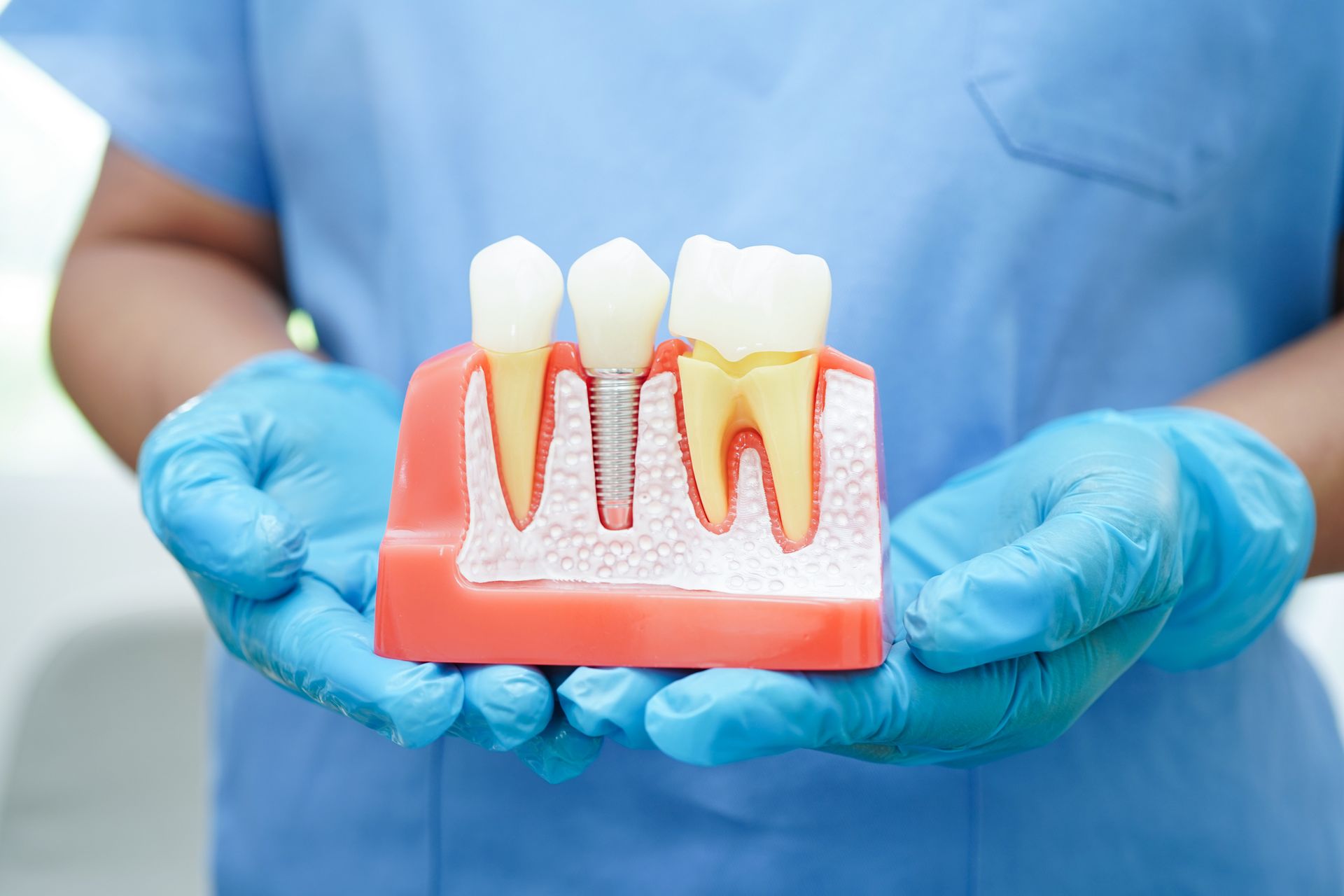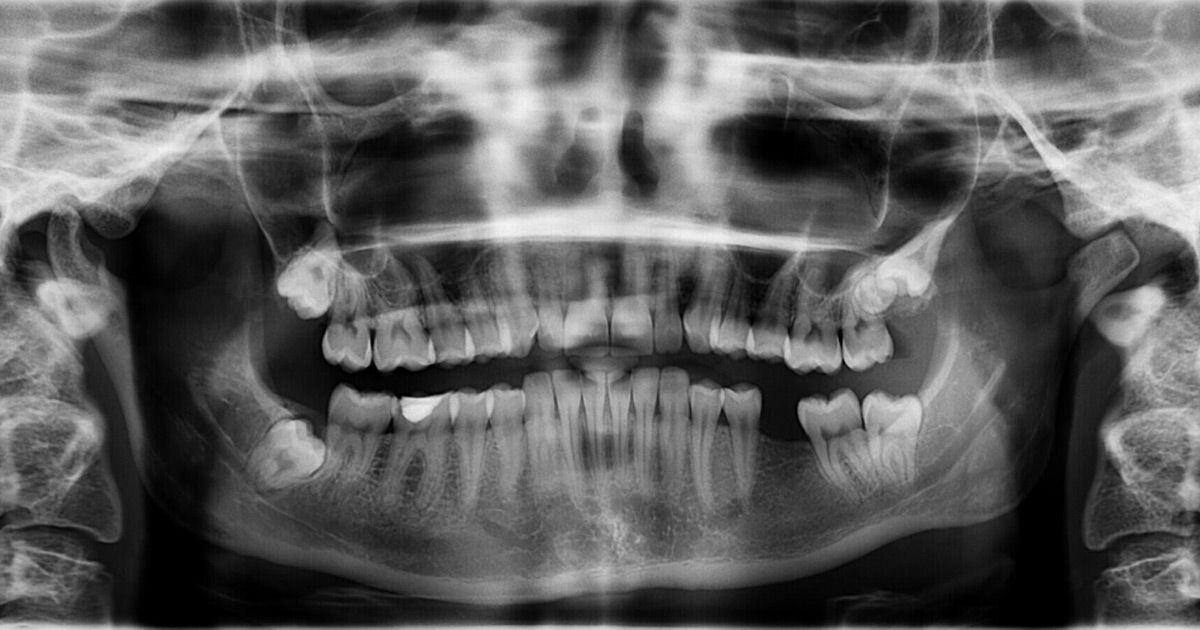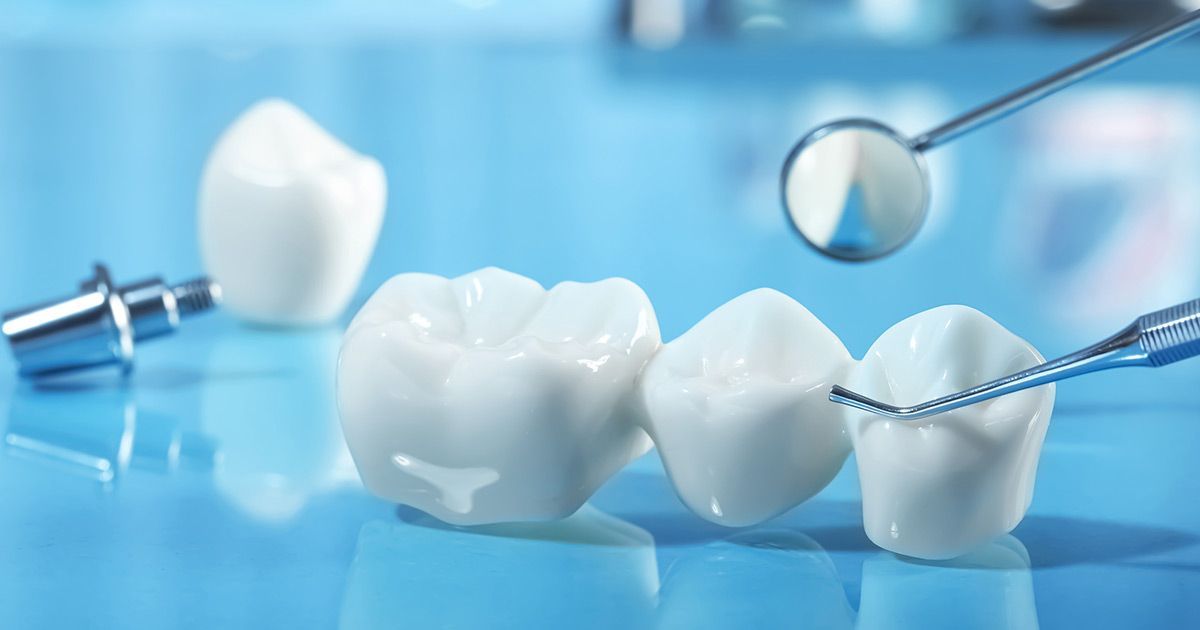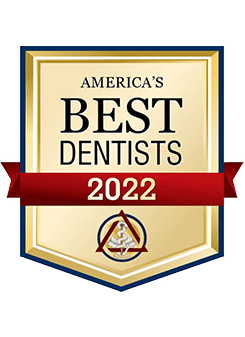Teeth can last a lifetime if you take care of them right — and the best time to start is just as soon as they begin appearing. By establishing good oral hygiene routines for your children right from the start, you'll give them the best chance of keeping their teeth healthy — forever.
Tooth decay, the major cause of dental trouble that can eventually lead to tooth loss, is actually an infectious disease caused by bacteria. If it takes hold, it can form a cavity in the enamel and then progress deeper into the tooth — causing discomfort, difficulty eating and speaking, and a need for fillings or root canal treatment. The good news is that tooth decay (also called caries) is completely preventable.
The primary route to good dental health is plaque removal. Plaque is the sticky, whitish film that builds up on teeth in the absence of effective oral hygiene. Decay-causing bacteria thrive in plaque, where they break down any sugar that lingers in the mouth. In the process, they produce acid byproducts that erode teeth. This is how a cavity begins. What are the most effective techniques for plaque removal and decay prevention? That depends on the age of your child.















